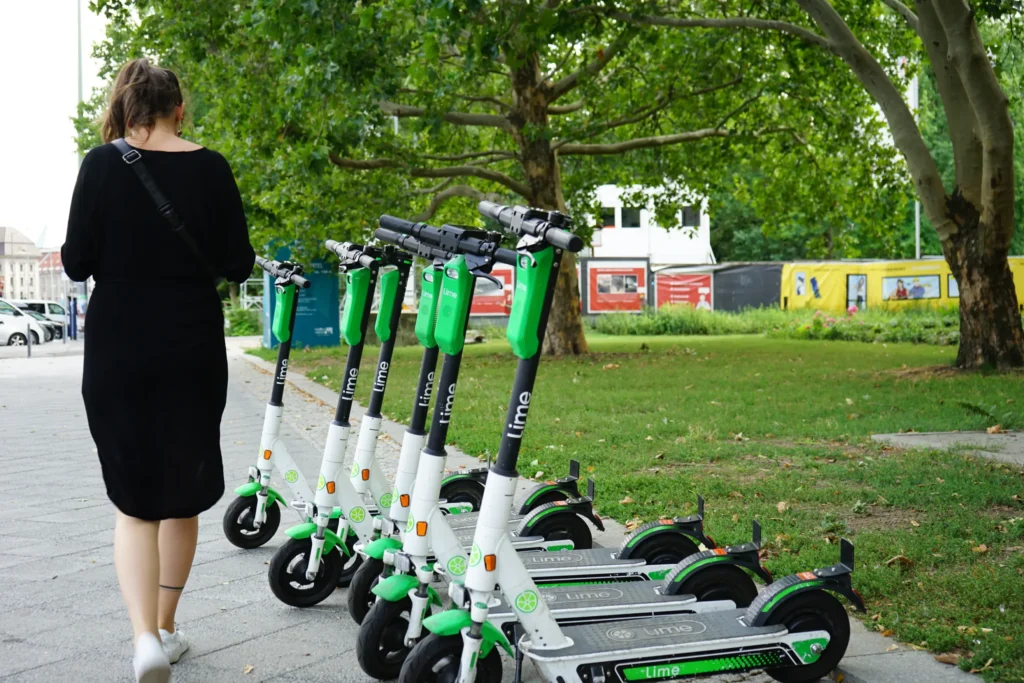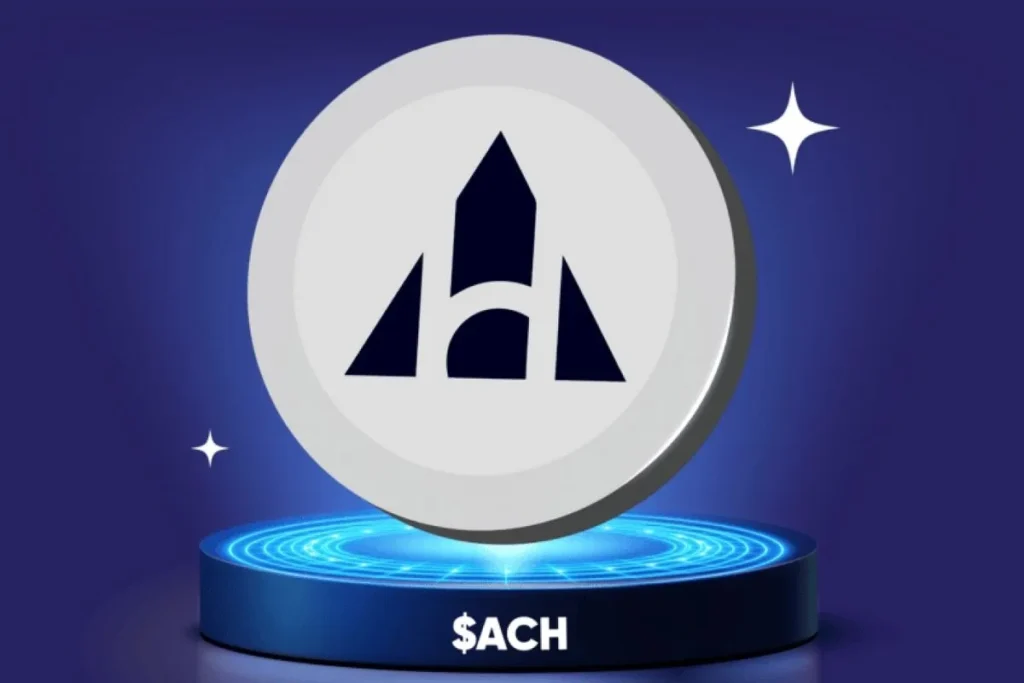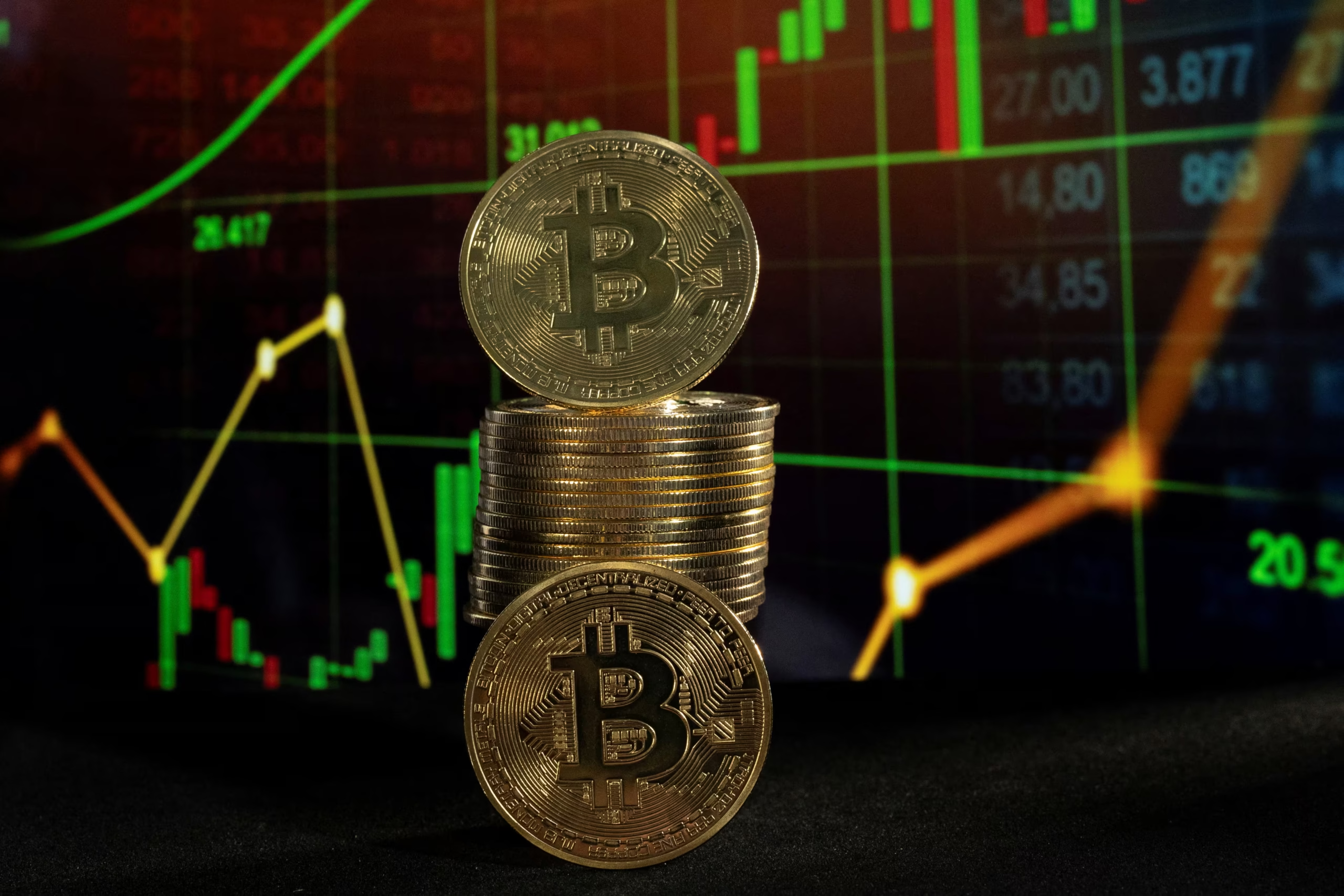Introduction: Using Crypto in Thailand Is Possible—But Here’s What to Expect
Where can I use crypto in Thailand? Paying for your massage, coffee, or beachfront stay with Bitcoin or USDT in Thailand? Sounds futuristic, but in 2025, it’s already happening—just not everywhere, and not always as smoothly as you’d hope.
Whether you’re visiting Bangkok’s startup circles or Phuket’s laid-back beaches, crypto is making quiet inroads into the everyday travel experience. Still, most places don’t have neon signs saying “We accept BTC.” You’ll need to know where to go, how to ask, and what to expect.
Here’s a practical, no-nonsense walkthrough of how to spend your crypto in Thailand without frustration.

Where can I use crypto in Thailand: Understanding Where Crypto Is Actually Being Used
If you’re expecting to roll into any 7-Eleven and flash your wallet, you’ll be disappointed. But in certain neighborhoods and business types, crypto payments are starting to take hold.

In Bangkok, especially in areas like Sukhumvit or Ari, some cafés, wellness studios, and tech shops have started accepting crypto—sometimes quietly, sometimes only if you ask. Co-working spaces frequented by digital nomads tend to be ahead of the curve. Businesses that already deal with international clients are more open to digital currencies, and many of them use QR codes linked to local platforms like Bitkub or Binance TH.

Phuket, meanwhile, is a bit looser. The island’s tourism-first attitude means vendors are often willing to experiment, especially with stablecoins like USDT. You might be able to pay for a scooter rental, a beachfront Airbnb-style villa, or even a cocktail—if the owner is savvy enough. That said, it’s still hit-or-miss. Always check before assuming.

Coins That Work: BTC and USDT (Mostly USDT)
Yes, Bitcoin is still king in name—but when it comes to usability, stablecoins like USDT are far more practical. They settle quickly, don’t fluctuate like crazy, and are less likely to confuse vendors.
Some merchants may offer discounts if you pay in crypto, especially with USDT on the TRC20 network (which has lower fees). But don’t assume. Ask first. And always confirm the wallet address and network type—because if you send funds to the wrong place, there’s no getting them back.
How Transactions Usually Work
Once you find a vendor that accepts crypto, the process is pretty straightforward: they show you a QR code, you scan it, select the correct coin and network, and hit send. In most cases, transactions take less than a minute.
But don’t rush. Double-check the wallet address. Some businesses use intermediaries like BitPay or Alchemy Pay to convert crypto to Thai baht instantly, which simplifies their accounting. Others prefer peer-to-peer wallets and hold the crypto themselves.
Either way, clarity helps. Don’t be afraid to ask questions if you’re unsure how they prefer to be paid.

Credit from : Mobee
Finding Up-to-Date Info on Crypto-Friendly Places
One of the biggest challenges? Most crypto-accepting businesses don’t advertise it on Google Maps or their websites. This is where online communities come in handy.
Telegram groups for Thailand crypto travelers, expat Discord servers, and Reddit threads are often your best source of current info. Someone who just paid with USDT at a yoga studio in Kata Beach will usually share it online. Just be sure to double-check—things change fast, and what worked last week might not work today.
A Word About Legal Grey Areas and Practical Limits
While Thailand has embraced crypto trading with platforms like Bitkub and Binance TH operating legally, direct merchant crypto payments sit in a bit of a grey area. It’s not illegal, but it’s also not universally regulated.
That’s why many businesses quietly accept crypto, but don’t promote it. Some vendors will convert your crypto to baht instantly using a third-party tool. Others hold onto it, depending on their risk tolerance.
Also—be prepared for mistakes. Wallet mishaps, slow networks, or confused staff are still part of the picture. And no, you won’t be paying for a BTS train ticket or groceries with Bitcoin anytime soon.
Final Thoughts: Yes, You Can Use Crypto in Thailand—But Be Smart About It
Spending crypto in Thailand isn’t a tech utopia—but it’s definitely becoming more practical. If you’re flexible, cautious, and willing to do a little legwork, you’ll find opportunities to use your coins for real-world purchases—especially in Bangkok and Phuket.
Think of it as an emerging layer of the travel experience. Not something to depend on entirely, but a useful, sometimes surprisingly effective way to pay when the situation’s right.
Just remember: always ask first, double-check addresses, and keep a bit of Thai baht in your pocket—just in case.




